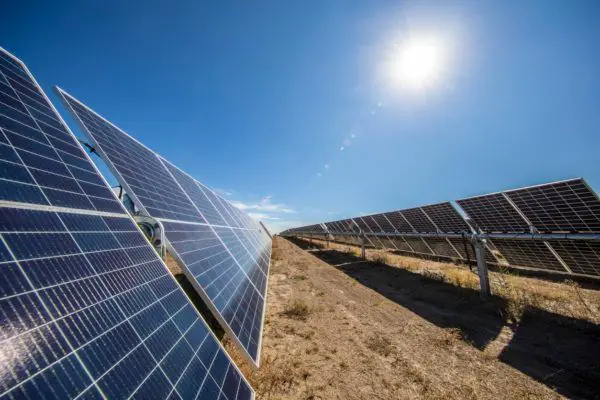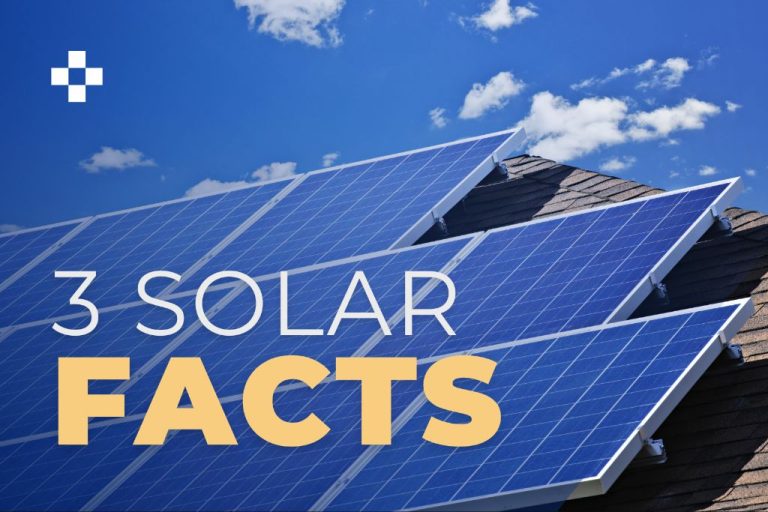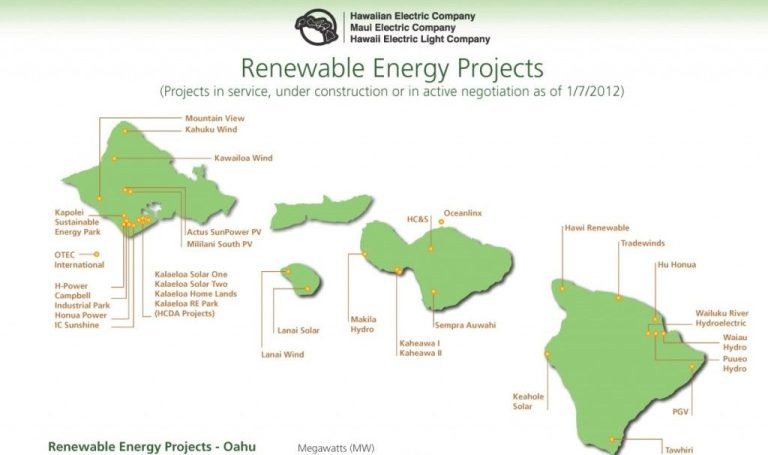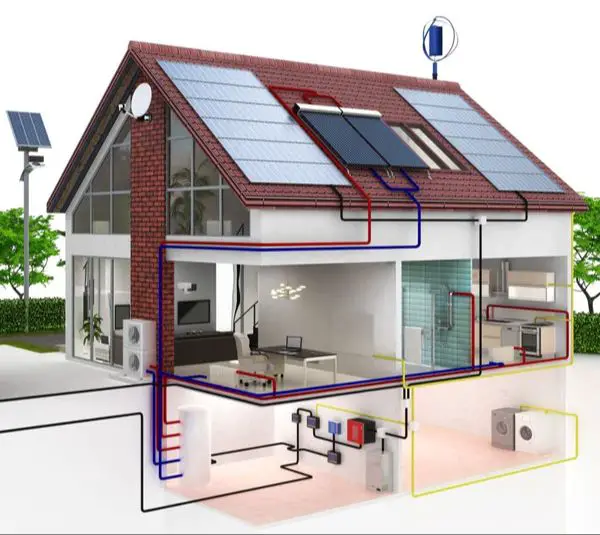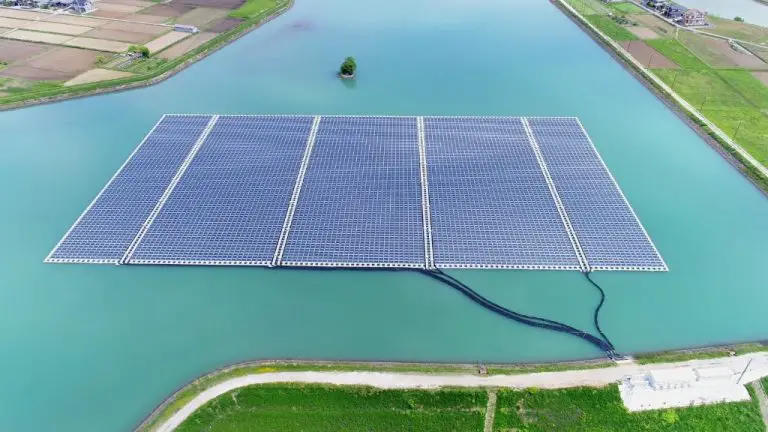Which Energy Company Is Best For Solar Panels?
The use of solar panels to generate electricity has grown rapidly in recent years. Favorable government incentives combined with falling costs have made solar power an increasingly attractive option for homeowners and businesses looking to reduce their environmental impact and energy bills. As the solar industry continues to expand, more companies are entering the market, giving consumers a wide variety of options when considering installing a solar panel system.
With so many solar panel companies to choose from, it can be daunting for homeowners to decide which one is right for their needs. Key factors to consider include cost, efficiency, warranties, customer service and the installation process. This article provides an overview of the major solar panel companies and what they each offer to help consumers make an informed decision.
Overview of Major Solar Panel Companies
The top solar panel companies in the United States based on market share are:
SunPower
SunPower is known for having the highest efficiency panels on the market, with most models rated at over 20% efficiency. Their panels use a unique back-contact solar cell technology that captures more sunlight. However, they tend to be more expensive than other brands.
LG
LG solar panels are highly efficient and made with robust materials to withstand harsh weather. Their panels come with strong 25-year warranties. LG acquired a number of solar manufacturers over the past decade making them one of the largest producers.
Panasonic
Panasonic solar panels are made in Japan using high-quality materials and stringent quality control. Their panels are sleek, durable, and efficient. Panasonic is a well-known consumer brand that backs their solar panels with strong warranties.
REC Solar
REC is one of the largest European solar panel manufacturers. Their panels feature low-light performance and high salt spray durability. REC offers affordable mid-range efficiency panels with a strong customer satisfaction record.
Silfab Solar
Silfab is the largest North American solar panel producer. Their panels feature robust snow and wind load durability. Silfab offers excellent customer service and an above-average product warranty.
Cost
The cost of installing solar panels can vary significantly depending on the size of the system, type of panels, location, available rebates and incentives, and installer.
On average, home solar panel systems in the U.S. cost around $2.70 per watt. This means a typical 6 kW system would cost $16,200 before incentives. With the current federal solar tax credit, this cost would be reduced by 26% to around $12,000 for a final cost. However, prices can range from as low as $2.00 per watt to over $4.00 per watt.
Location is a major factor in solar panel cost. Installation prices are highest in states like Rhode Island and Massachusetts and lowest in states like Florida and Texas. Labor and permitting costs are higher in some areas.
The type of solar panels also impacts costs. Premium panels with higher efficiencies are more expensive upfront but can generate more energy over their lifetime. Standard panels cost less but require more space for the same output.
Finally, rebates, incentives, and tax credits can significantly reduce the final price you pay. Federal, state, utility, and local incentives can offset 30% or more of system costs. When factoring these in, solar power can be very affordable and competitive with regular electricity.
Efficiency
When comparing solar panel companies, one of the most important factors to consider is the efficiency rating of their panels. The efficiency rating refers to the percentage of sunlight that is converted into usable electricity by the solar cells in the panel.
Higher efficiency solar panels are able to generate more electricity from the same surface area as panels with lower efficiency ratings. Most residential solar panels today have efficiency ratings between 15-22%, while the highest efficiency panels may reach above 22%.
Typically, higher efficiency panels come at a higher upfront cost, but can generate more power over their usable lifetime and require fewer panels to meet your energy needs. Companies like SunPower and LG produce some of the highest efficiency panels on the market, generally above 21% efficiency.
Mid-range efficiency panels in the 17-19% range, like those from REC Solar or Panasonic, provide a good balance of efficiency and affordability. Lower cost panels from China-based manufacturers often have lower efficiency ratings around 15-16% but can be a good option if you are on a tight budget.
When comparing solar companies and quotes, pay close attention to the efficiency ratings they specify. A few percentage points difference in efficiency can have a significant impact on your long-term energy production and electricity bills.
Warranties
When choosing solar panels, an important factor to consider is the warranty offered by the manufacturer. Solar panel warranties typically cover two things: production output and equipment defects.
Production warranties guarantee a certain level of power output for a set number of years. This protects against natural degradation of solar panels over time. 25-year production warranties are standard. High-end panels may come with 30-year warranties.
Equipment warranties cover defects and premature failures. Standard solar panel equipment warranties are 10 years, but premium brands often offer 12-15 year warranties. Microinverters, racking systems, and other solar equipment may have separate warranties.
To get the full warranty terms, you’ll need to read the fine print from each manufacturer. Look for details like warranty duration, percentage of power output guaranteed each year, what’s covered under the defect warranty, exclusions, transferability to a new homeowner, and the claims process.
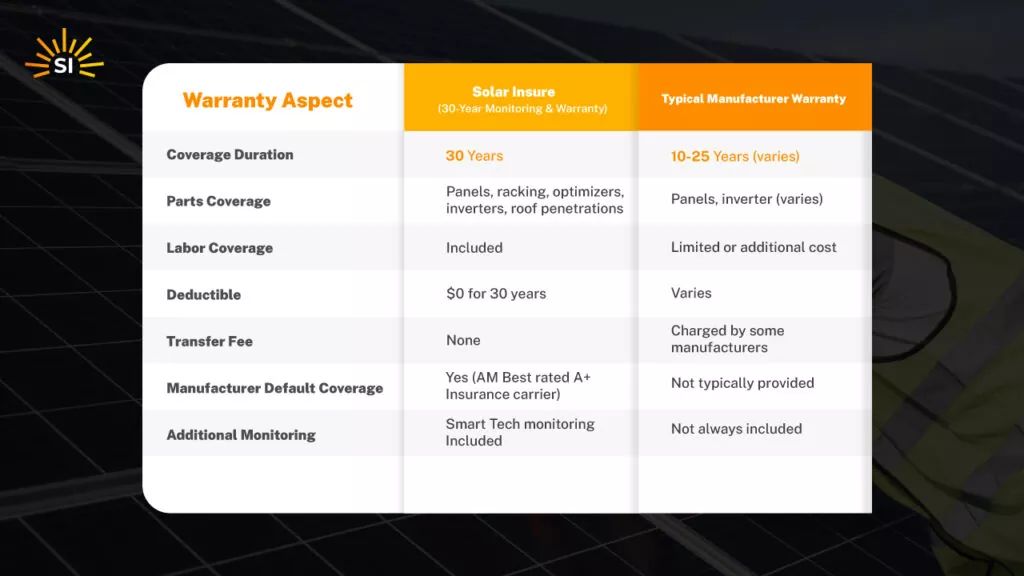
Opting for a well-known brand with strong warranties can provide peace of mind on your investment. However, don’t assume warranties are equal across brands. Do your homework to understand the coverage provided by different solar panel manufacturers.
Customer Service
When choosing a solar panel company, it’s important to consider their customer service reputation. Poor customer service can lead to headaches and hassles down the road if you need support with your system. Here are some key factors to research about solar companies’ customer service:
– Reviews of customer service – Check online reviews and forums to see what existing customers have to say. Look for responsiveness, timeliness, knowledge, and overall satisfaction. Beware of companies with consistently negative feedback.
– Response time – Ask the company directly what their average response times are for calls and emails. Fast response times show they prioritize customer inquiries.
– Communication channels – Most offer phone, email, and online chat support. Having multiple options helps ensure convenient access.
– Service hours – Are they 24/7 or only business hours? After-hours and emergency support is preferable for solar systems.
– Tech knowledge – Customer service agents should be solar experts that can address any technical or performance issues. They should be able to pull up details on your specific system and history when you call.
– Issue resolution process – A good company will have a system to escalate and follow up on any problems until they are fully resolved.
Taking the time to research customer service background will help you choose a solar company that will provide ongoing support over the decades-long lifespan of your system.
Installation Process
Installing solar panels on your home is a big project that requires careful planning and execution. Here is an overview of what’s typically involved in the installation process:
Site evaluation – An installer will visit your home to evaluate your roof’s size, angle and orientation to determine the number of panels that can be accommodated and the optimal placement for maximum sunlight exposure. They will also inspect for any potential obstructions or issues.
Permitting – Most areas require permits for solar installations. Your installer will handle securing the necessary permits from local authorities.
Mounting system installation – Rails or racks will be mounted onto your roof to create a base for the panels. This usually involves some minor roof penetration.
Panel installation – The panels will be placed and secured onto the rails. Wiring will connect the panels into an array.
Inverter installation – The inverter converts the DC power from the panels into usable AC power. It is usually installed on an exterior wall near the panel array.
Electrical connections – Your panels will be tied into your home’s electrical system, which may involve installing a new breaker box.
Inspections – At certain points in the process, the local building department will inspect the work before allowing installation to proceed.
Commissioning – When the system is complete, your installer will test everything to ensure it is functioning properly before officially handing over the system.
The installation process typically takes 1-2 days for most residential solar panel systems. Reputable installers will ensure the process goes smoothly from start to finish.
Maintenance
Solar panels generally require little maintenance. However, it is important to keep panels clean, inspect electrical connections, check for damage, and remove any debris or shade that may block sunlight. Here are some key maintenance tasks:
- Clean panels at least twice per year. Use a soft brush and water to remove dirt and dust. Avoid abrasive cleaners or brushes that could scratch the panels.
- Trim any trees or plants that may overhang and shade the panels. Solar panels need direct sunlight.
- Inspect electrical wiring and connections. Make sure wires are not damaged or disconnected. Tighten any loose connections.
- Check for damage after major storms. Look for cracked panels, frame damage, or displaced mounting equipment. Arrange repairs if needed.
- For rooftop systems, inspect roof attachments and waterproofing around mounts. Reseal any gaps or cracks.
- Replace any damaged or non-functioning inverters or optimizers as needed. These components may require occasional replacement.
Following the manufacturer’s maintenance guidelines can help keep your solar panels performing efficiently for decades.
Recommendations
When choosing a solar panel company, it’s important to consider factors like cost, efficiency, warranties, customer service, installation process, and maintenance. Based on these key factors, here are our top recommendations for solar companies:
Company A – With competitive pricing, high-efficiency panels, and excellent customer service, Company A is a great choice for most homeowners. Their 25-year warranty provides peace of mind, and their streamlined installation process makes it easy to go solar.
Company B – For larger solar installations, Company B offers some of the best prices and efficiencies. Their panels come with a 20-year warranty, and their knowledgeable installers provide white-glove service. Ongoing maintenance is affordable and convenient.
Company C – If you want premium products, Company C manufactures cutting-edge solar panels with industry-leading efficiency ratings. Expect to pay more upfront, but the long-term energy savings can make it worthwhile. Installation and support are superb.
While everyone’s needs and budgets differ, these three solar companies stand out for their combination of value, quality, and service. Do your research to determine the right fit for your home. With the right solar provider, you can enjoy clean, renewable energy and long-lasting savings.
Conclusion
When deciding on the best company for solar panels, there are a few key takeaways to keep in mind:
– Consider the upfront cost, but also factor in the long-term savings and return on investment over the 25-30 year lifespan of most solar panels.
– Look for high efficiency panels that will maximize energy production in the space available.
– Compare warranties to ensure the panels and installation will be covered for defects and underperformance.
– Read reviews and evaluate the installation process and customer service reputation of each company.
– Understand the maintenance required for cleaning and upkeep to keep the system running optimally.
– Weigh the benefits and drawbacks of national companies vs local installers to find the right fit.
Taking all of these factors into account will help determine the solar company that is the best fit for your home or business needs.

